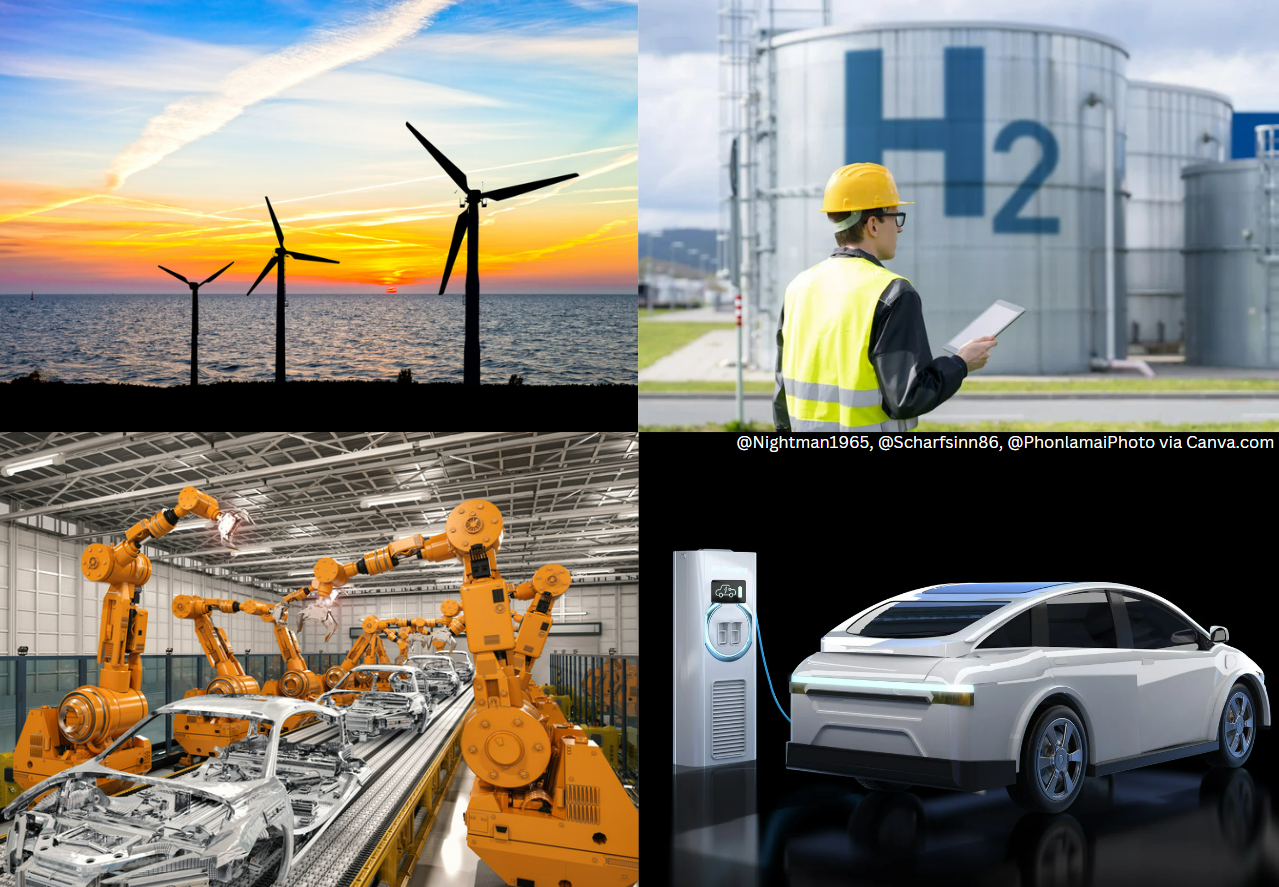
The European clean energy sector continues to fear losing the global market race and dread competition from China amidst growing trade tensions. The European Union's response to this situation is though far from unified, with several recent developments highlighting divergences among member states regarding the strategy to adopt. Germany, China’s largest trade partner within the EU, is particularly notable in this regard. Before being overtaken by the US in the first quarter of 2024, China was also Germany’s main commercial partner, leading the country to adopt different positions from the rest of the Union on competition and trade. Recently, the issues of ramping up wind power and protecting domestic electric vehicle production have particularly come into the spotlight.
On 12 June, the European Union imposed new provisional tariffs on Chinese battery electric vehicles (EVs), which entered into force on 4 July, with full cash transfers only implemented if definitive duties are imposed. Negotiations among member states to determine the final outcome of the process are about to start, with a final decision expected on 24 October after a qualified majority vote—meaning the assent of 15 countries representing at least 65% of the EU’s population.
Ahead of a first non-binding vote, scheduled for the end of the month, Germany has already expressed its intention to push for a negotiated agreement with China. The country’s leaders aim to resolve the issue through diplomatic channels and avoid the imposition of definitive tariffs, a view notably shared by Germany’s largest business organisation, BDI, and the German car industry association, VDA.
Germany has also adopted views more favourable to China than most of its EU counterparts in the wind turbine trade race. Notably, the country, which possesses the largest wind power capacities in the EU and benefits from strong domestic producers such as Siemens, will soon see Chinese wind turbines installed on its soil for the first time, fuelling fears among European industry players. Specifically, Luxcara, a German renewables developer, announced a supply deal with the Chinese company Mingyang for sixteen offshore wind turbines to be built in the North Sea by 2028.
Against this backdrop, industry group WindEurope criticised the decision, pointing to a robust domestic industry which could have delivered the turbines instead. Additionally, operating with Chinese infrastructure in Europe has contributed to raising cybersecurity concerns, with several EU countries barring Chinese companies from the 5G and 6G networks. The hydrogen industry has recently echoed similar concerns about competition, urging the EU to step up its support to the sector in upcoming subsidy auctions.